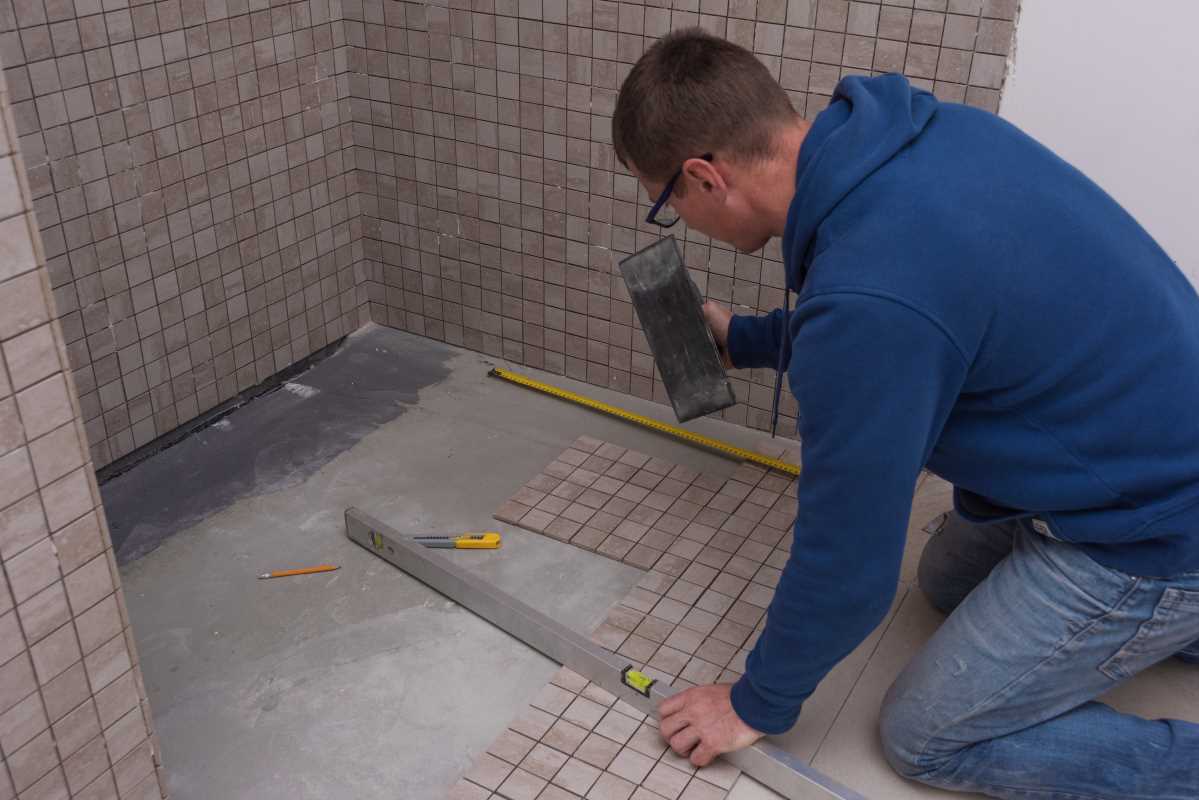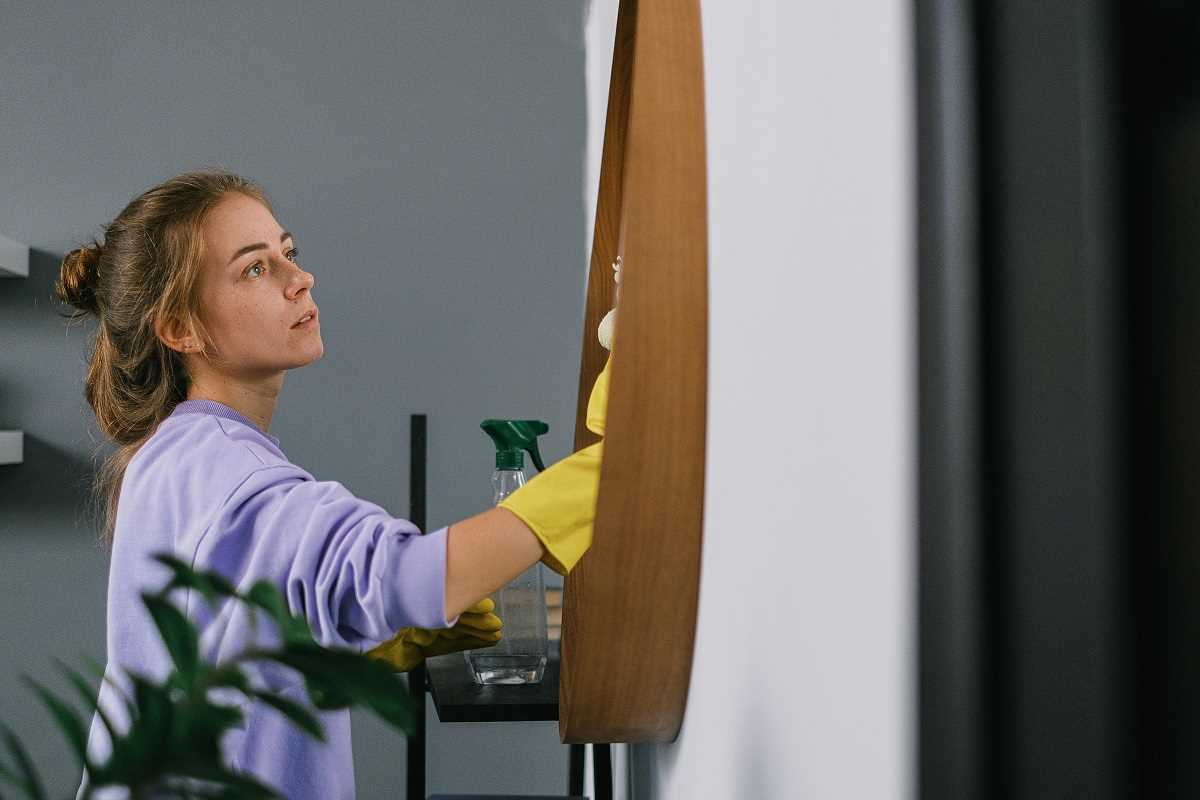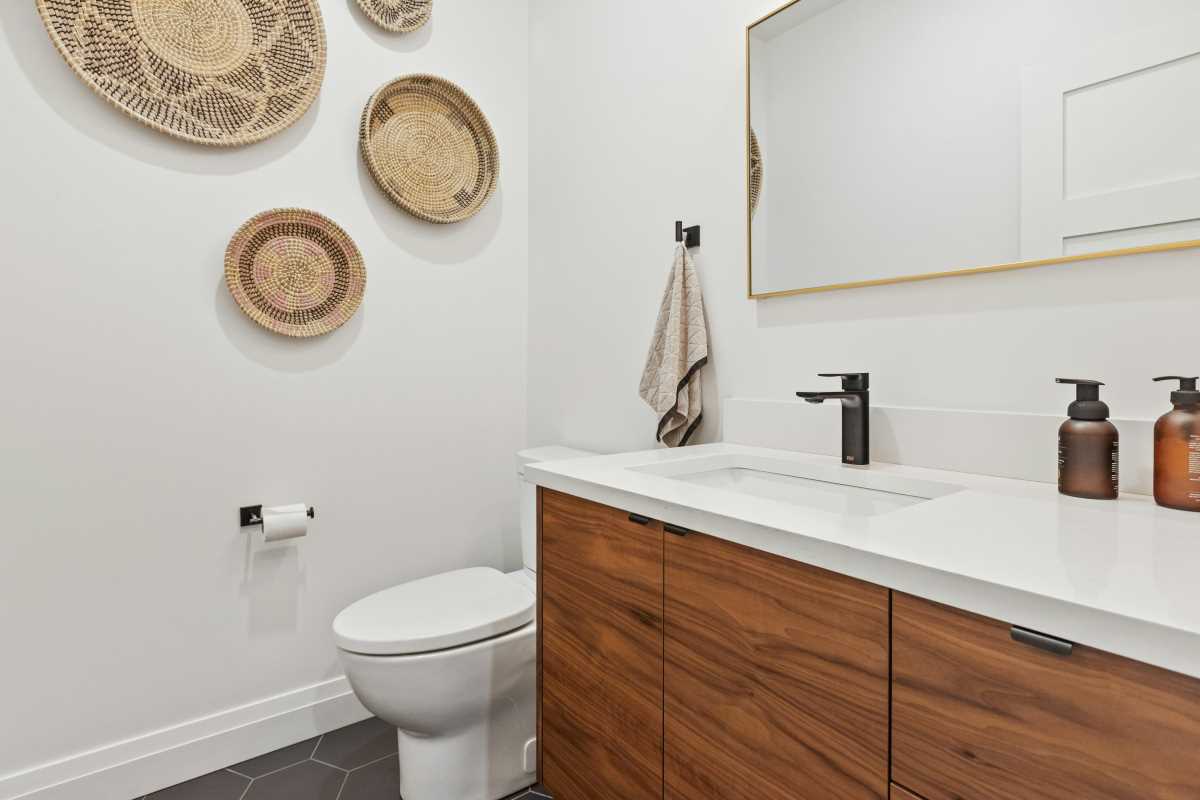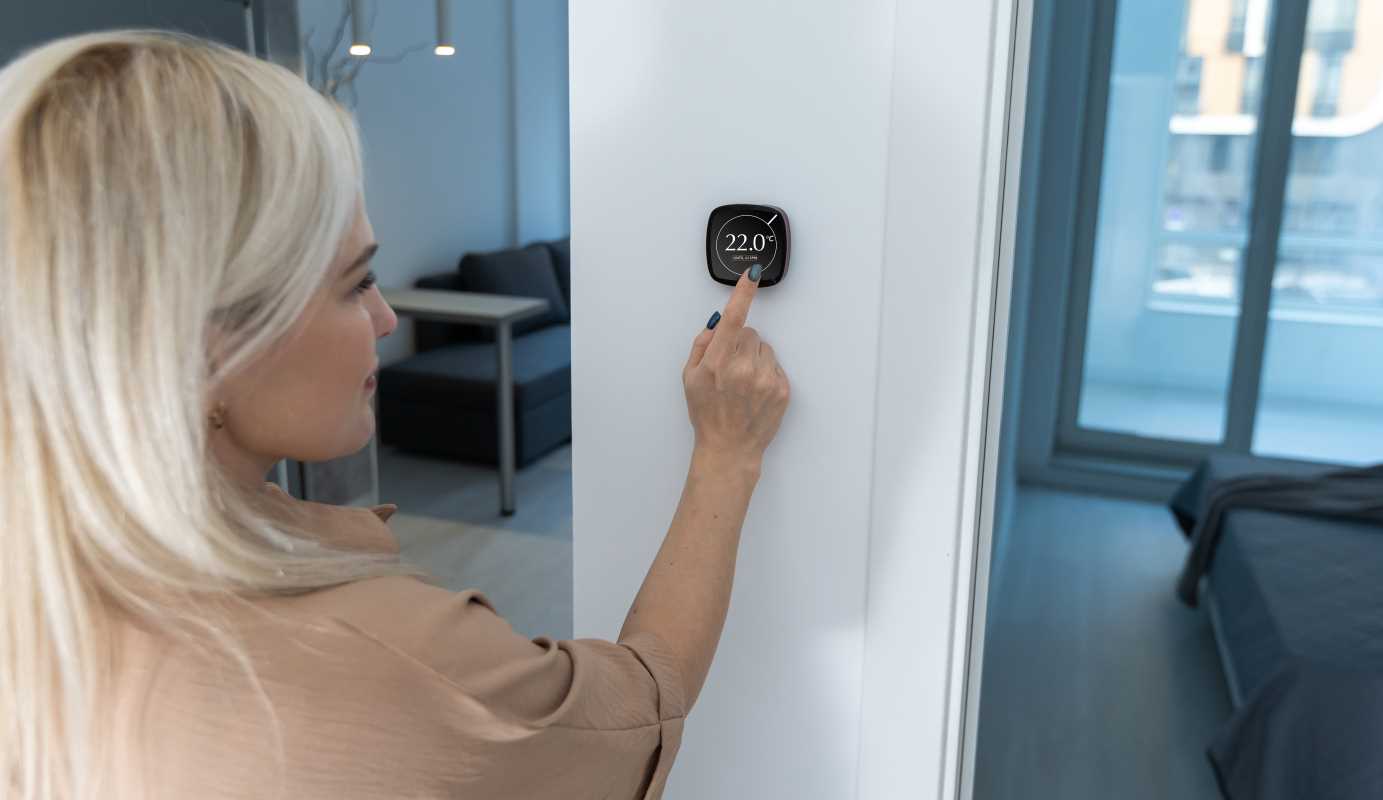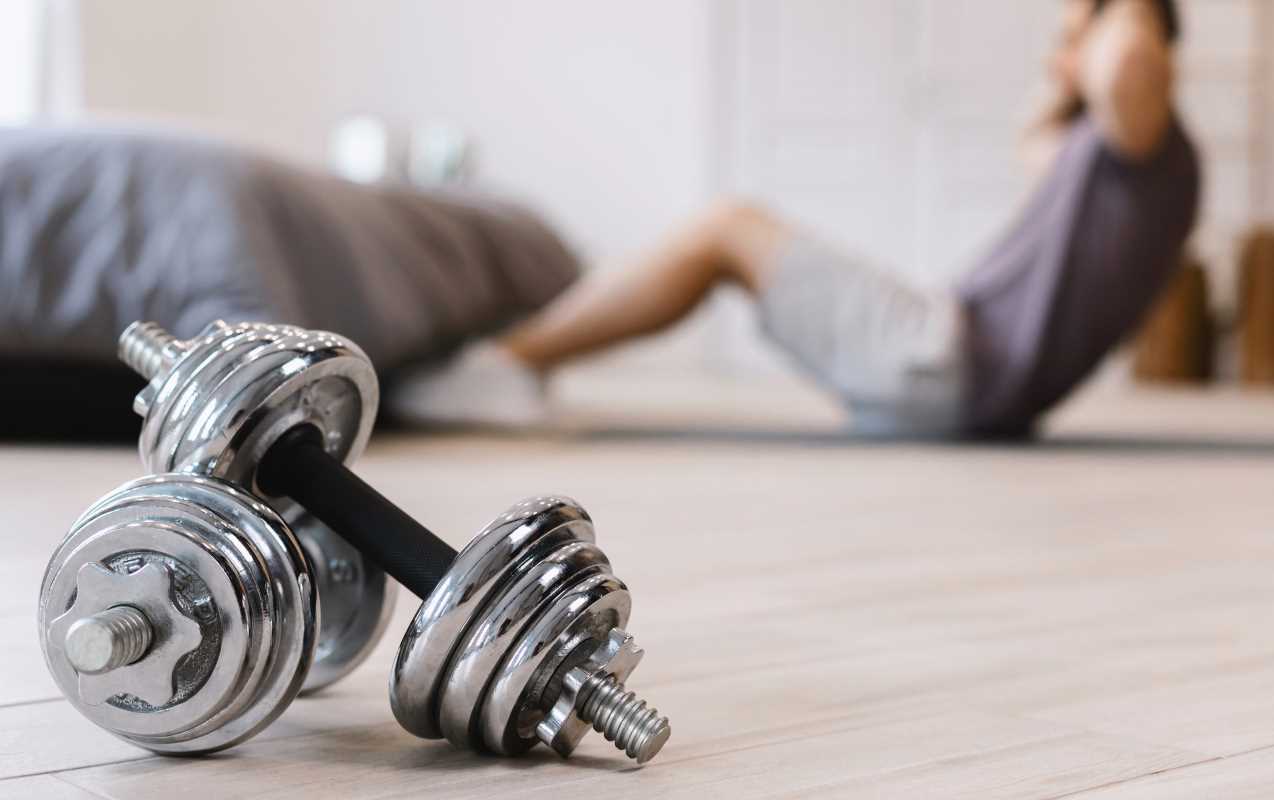Owning your first home is a huge milestone. While having a place to call your own is exciting, it also means taking on some new responsibilities. Unlike renting, where a landlord may handle repairs and upkeep, maintaining your home is now up to you. But don’t worry. Being proactive with a few essential tasks can go a long way. Regular home maintenance protects your investment and saves you money by preventing costly problems down the road. It also helps you avoid the stress of sudden emergencies like leaky roofs or broken appliances. Think of these simple tasks as a way to keep your home safe, comfortable, and running smoothly for years to come.
Clean Your Gutters Twice a Year
Your gutters are those metal or plastic channels running along the edge of your roof. They collect rainwater and direct it away from your house. If they’re clogged with leaves or debris, water can overflow and damage your roof, walls, and even your foundation.
Why It’s Important: Water damage is expensive to repair. Keeping your gutters clean prevents rot, leaks, and structural issues.
How to Do It: Use a sturdy ladder, wear gloves, and scoop out the gunk by hand or with a small tool. You can also use a hose to flush out smaller debris. If you don’t like heights, hiring someone costs much less than fixing water damage.
Change Your HVAC Filters Regularly
Your HVAC system (heating, ventilation, and air conditioning) keeps your home comfortable. The filters trap dust, pollen, and other debris so they don’t blow into your living spaces. Over time, these filters get dirty, making your HVAC system work harder.
Why It’s Important: A clogged filter can lead to higher energy bills, poor air quality, and even damage to the system, which is expensive to replace.
How to Do It: Buy replacement filters at a hardware store. Check your system’s manual to know the size you need. Swap them out every 1-3 months, especially if you have pets or allergies.
Check for (and Fix) Leaky Faucets
Hear that drip, drip, drip? It’s not just an annoying sound. It’s wasted water and money. A single dripping faucet can waste gallons of water every day.
Why It’s Important: Fixing a leaky faucet can reduce your water bill and prevent larger plumbing problems over time.
How to Do It: Tighten the faucet or replace the washer (a small rubber piece) inside. It’s a simple task you can figure out with a quick online tutorial. If you’re not sure, a plumber can handle it for a low cost.
Inspect Your Roof Annually
Your roof protects your entire house, so keeping it in good shape is crucial. Missing shingles or small leaks might seem minor, but they can lead to water damage or mold if ignored.
Why It’s Important: Regular inspections can catch small problems before they turn into big (and expensive) issues. Ignoring it can lead to mold, which can be pricy to replace.
How to Do It: Use a pair of binoculars to look at your roof from the ground. Check for missing shingles, cracks, or sagging. If you notice damage or aren’t comfortable inspecting it yourself, hire a professional.
Seal Around Doors and Windows
Take a moment to feel around the edges of your doors and windows. If you notice a draft, it means air is leaking in or out of your home. This might not seem like a big deal, but it can make your heating and cooling systems work overtime.
Why It’s Important: Sealing gaps keeps your home comfortable and lowers your energy bills.
How to Do It: Use weatherstripping tape for doors and caulk (a rubbery sealant) for window frames. These are cheap materials you can find at a hardware store, and they’ll pay off in energy savings.
Flush Your Water Heater
Your water heater is the appliance that heats water for showers, washing dishes, and laundry. Over time, minerals from water can build up at the bottom of the tank, making it less efficient.
Why It’s Important: A clean water heater lasts longer and uses less energy, saving you money on energy bills and future replacements.
How to Do It: Turn off the power or gas supply, attach a hose to the drain valve, and run the water out into a bucket or outside. Consult the manufacturer’s instructions for detailed guidance or bring in a pro if it feels complicated.
Test Your Smoke and Carbon Monoxide Detectors
These devices protect your family by alerting you to fires or dangerous gas levels. A detector that doesn’t work can’t do its job.
Why It’s Important: It’s a small task that can literally save lives. It can also prevent major damage to your home.
How to Do It: Press each detector's “test” button each month to ensure it’s working. Replace batteries twice a year, or more often if they beep. If the detector is over 10 years old, replace it entirely.
Keep an Eye on Your Foundation
Walk around your house and take a look at the base. This is your foundation. Small cracks might not seem like a big deal, but they can grow over time and lead to structural problems.
Why It’s Important: Fixing cracks early prevents major (and costly) repairs later.
How to Do It: Seal small cracks with concrete patching material from a hardware store. For anything larger, consult a professional to avoid further damage.
Service Your Appliances
Your refrigerator, washer, dryer, and other major appliances need a little TLC. Clogged filters or overworked parts can shorten their lifespan.
Why It’s Important: Regular maintenance can help your appliances run more efficiently and last longer, saving you the cost of replacing them early.
How to Do It: Clean refrigerator coils twice a year (look at the back or underside), and check dryer vents monthly to prevent lint buildup, which can cause fires. Follow your appliance manuals for maintenance tips or hire a pro if needed.
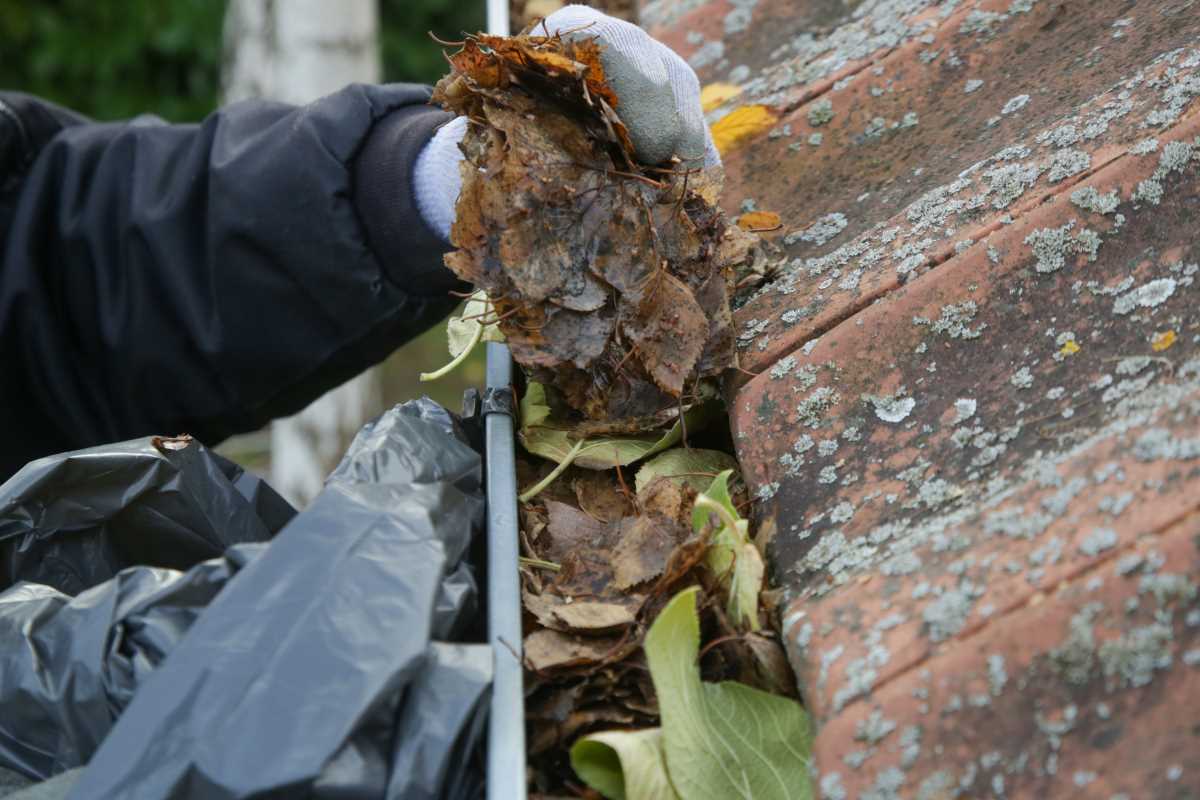 (Image via
(Image via